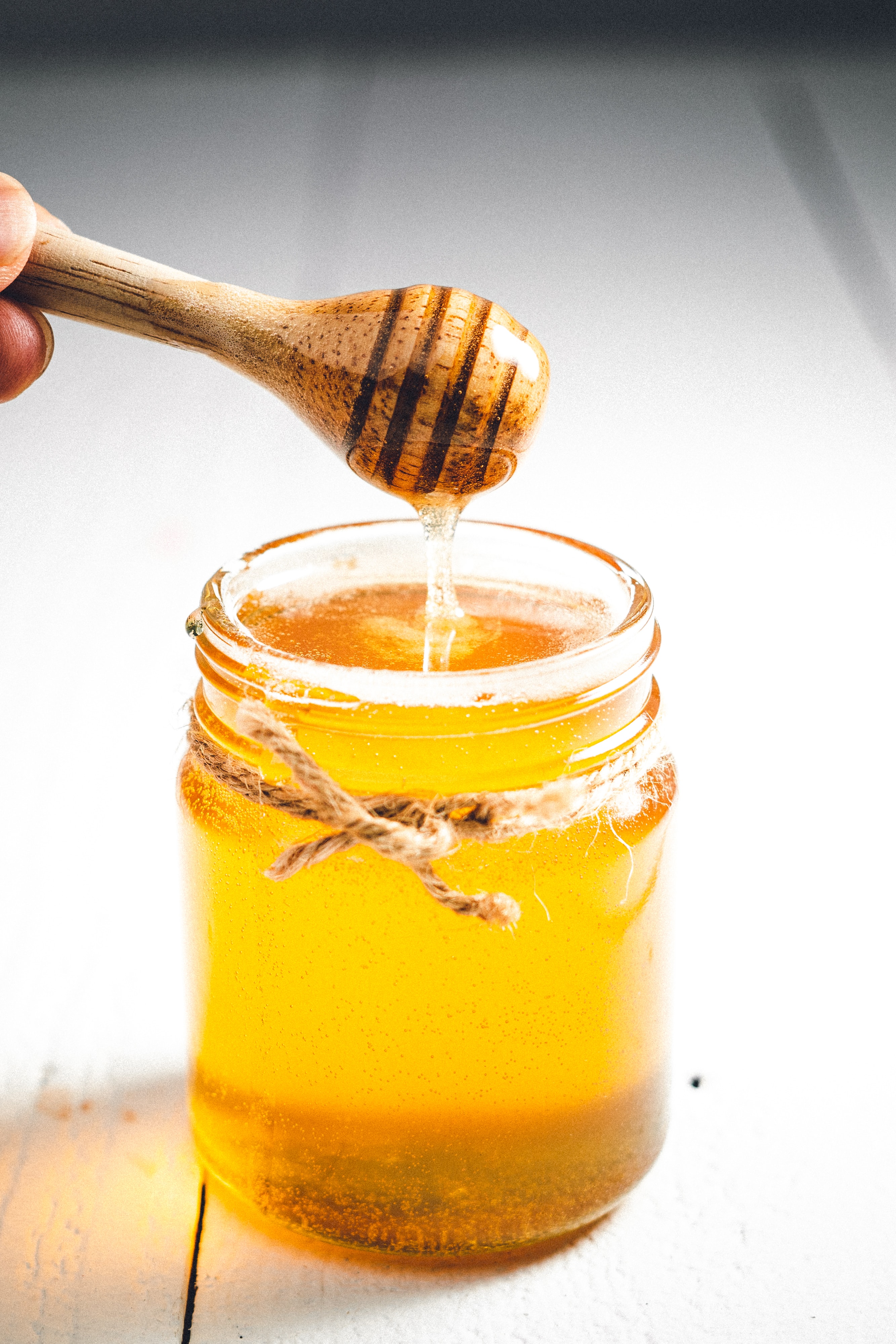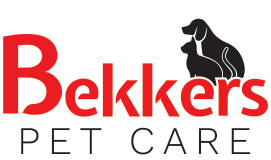It’s here folks! Cold and flu season! The changing weather, kids heading back to school and our return to workplaces after the summer is a recipe for a few airborne diseases to make their rounds. Sickness isn’t only more common for us humans though. The chance of illness may also increase for your pets in these cold winter months.
As you may already know, we require all dogs to receive their Bordetella vaccination before they can stay in our facilities. Bordetella is a shot used to help protect pets from the respiratory disease called acute infectious tracheobronchitis, also known as kennel cough.
Even though the name says otherwise, kennel cough isn’t a disease that can be caught exclusively in kennels. In fact, any location where lots of dogs are in close contact is prime territory for this airborne illness to make the rounds.
Another common misconception about kennel cough and the Bordetella vaccination is that once your pet has received their shot they cannot become infected. That is not the case. Much like with the flu or Covid vaccinations for humans, the Bordetella vaccine is used to help prevent severe sickness in the event that your pet does get kennel cough, it does not stop it completely.
So, how do you know if your pet has kennel cough? Although, we will inform you if we suspect that your dog has contracted it before you come and pick them up, the incubation period is 2-14 days therefore, your pup might not even begin showing symptoms until they are at home. In that case, here are some of the things you can look out for;
-A persistent cough
-Sneezing
-Runny nose
-Runny eyes
-Loss of appetite
-Lethargy
Now, when your beloved pet begins to show symptoms of a sickness that might leave them hacking and uncomfortable, your first instinct might be to rush them to the vet. If your dog is very young (a puppy up to one year old) or elderly, it might be a good idea to get them checked out. Young dogs have an immature immune system and elderly dogs a weakened immunity to disease so they may not be able to fight it off by themselves. Yet, in many cases, with dogs of good health and middle age, kennel cough can be quite a mild affliction and they likely won’t require veterinary treatment at all.
So, before you make the trek to the vet’s office, here are some home remedies you can try to help your pet get back to their usual, energetic selves!
Coconut Oil
Coconut oil isn’t only useful as a vegetable oil alternative, it can also be helpful as a treatment option for kennel cough. It has many antiviral and antibacterial properties that can kill bacteria and help the recovery process. Additionally, coconut oil may help with congestion and, in turn, increase your pet’s appetite. Who likes to eat with a stuffy nose? Not me! 
Recommended dosage
-¼ teaspoon daily for small dogs
-1 teaspoon – 1 tablespoon daily for bigger dogs.
Start out with a smaller amount to see how your dog reacts. If their reaction is positive, gradually increase up to a dosage of about 1 to 2 teaspoons of coconut oil per 10 pounds of body weight per day, divided into your dog’s meals.
Honey
Honey has many antibacterial and anti-fungal properties. Once swallowed, it will stick to the sides of your dog’s throat and kill the bacteria lurking there. Plus, honey is a great source of antioxidants, enzymes and flavonoids which are important to strengthen your dog’s immune system.
Recommended dosage
-1 teaspoon per day for small dogs
-2 teaspoons per day for medium dogs-1 tablespoon of honey per day for big dogs
Try feeding the honey to your dog after a meal and water so the coating on their throat does not get washed away. Additionally, try using as natural of a honey as you can find. The added sugars and processing of many commercial honeys aren’t good for your dog and should be avoided.
Steam
Try placing a humidifier next to your dog’s bed to moisturize the air and soothe their irritated throat and nasal passages. Another method of steaming could be to invite your dog into the washroom while you shower so the steam can help loosen mucus in the nasal cavity and let them breathe better.
Hydration
Another simple way to help your dog on the road to recovery is to make sure they are drinking lots of water so they do not become dehydrated. If they don’t seem to be wanting to drink you can offer them ice cubes to chew on. You can also try adding chicken broth to the water to make it more flavourful.
Rest
An important factor in anyone’s recovery, including your dog’s, is rest. Let them relax for a few days away from heavy exercise, rambunctious children and other pets.
The good thing about kennel cough is that symptoms usually resolve completely in one to two weeks so your pet will feel better very soon! However, if your dog’s symptoms have not improved after a few days we recommend visiting a vet. They will be able to prescribe antibiotics to fight the infection and provide other care.


